
Windows XP Embedded Service Pack 3 dies tomorrow
Products, no matter how much we may like them, don't last forever. You don't want to be the person keeping a batch of Palms in the freezer for future use -- and there are people who do that. Product cycles run their course and technology moves forward.
Microsoft customers, in some cases, move forward very grudgingly. That's especially true of business, particularly ones who had to be dragged off of IE 6 -- they now need to be dragged even further from that comfort zone.
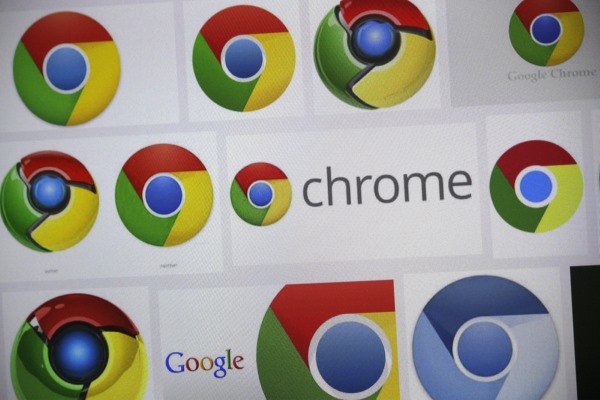
No more Chrome updates for Windows XP from April 2016
Anyone still desperately clinging to Windows XP only has another six months of updates for Chrome. Google has decided that the time has finally come to sever ties with the ancient operating system, and the same applies to Vista and OS X 10.6, 10.7, and 10.8.
Just as Microsoft has stopped issuing updates for Windows XP, so too has Google set a cut-off point of April 2016 for Chrome support on older OSes. These versions of Windows and OS X have been dropped by Microsoft and Apple, so it makes sense that other companies will move on as well. But as well as not getting new versions of Chrome, there will also be no more security updates.

Ha-ha! Windows 10 is already twice as popular as Windows 8
The last lot of desktop OS figures released by NetMarketShare showed that Windows 10 had doubled its usage shared in a matter of days, but it wasn’t exactly an exciting number. Upon release the new OS managed to go from 0.16 percent to 0.39 percent.
But now that Windows 10 has had a month to settle in, we can finally see exactly how well it’s doing. Microsoft has said that there have been over 75 million installs, but what does that equate to in terms of usage share? NetMarketShare’s figures for August always promised to be exciting, and they definitely don’t disappoint now that they’re here.
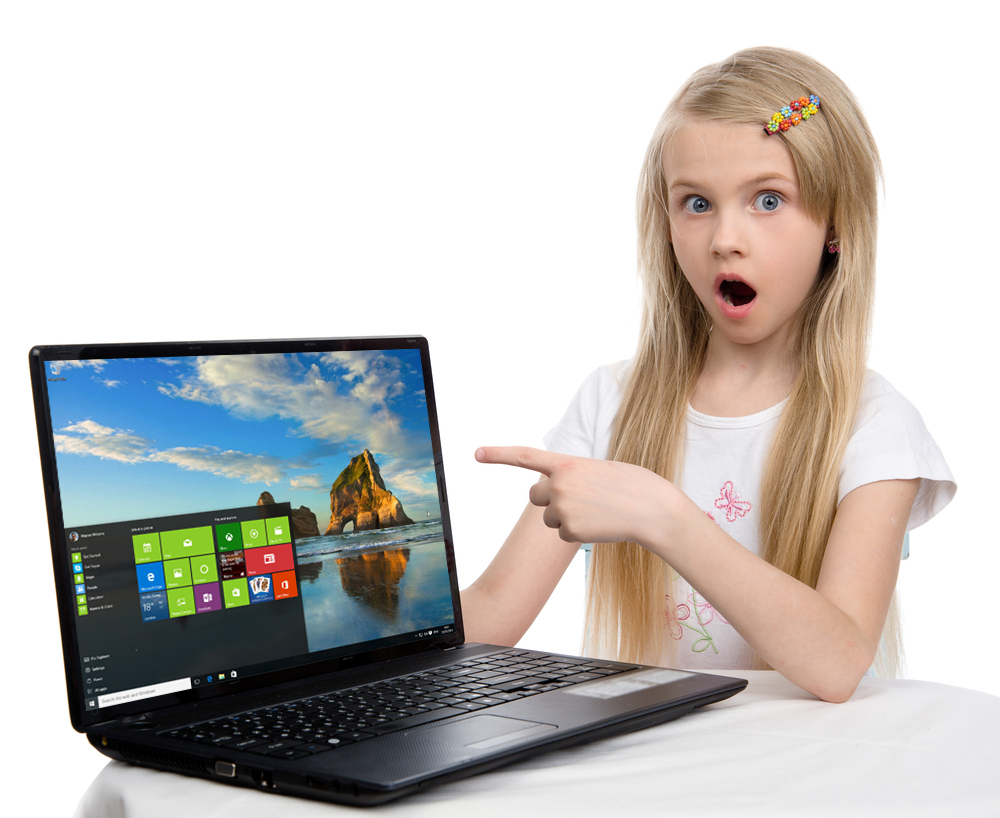
Windows 10 doubles its usage share in a couple of days
NetMarketShare has released its monthly desktop operating system usage share figures, showing the fluctuations of the various iterations of Windows. All versions of Microsoft’s operating system registered drops in July, except of course Windows 10 which was launched at the tail end of the month.
Only being available for a few days meant the new OS was never going to shift the needle significantly, but there were enough upgraders (Microsoft says 14 million in the first 24 hours) to double the operating system’s share.
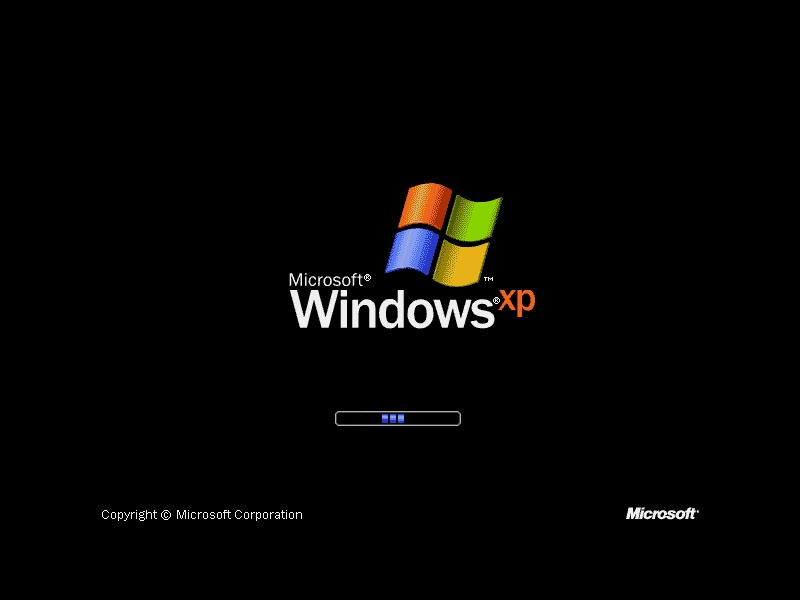
Microsoft no longer providing any form of security for XP
Bad news, yet again, for those Windows users stubbornly refusing to leave XP. Microsoft might have ended support for the ancient OS back in April 2014, but it was still providing the Malicious Software Removal Tool and updates to Microsoft Security Essentials, offering a modicum of security.
However, as of this week, XP users will no longer receive those updates, leaving them exposed to more threats.

Windows 8.x finally overtakes Windows XP again
After months of not really doing much, Windows 8.x finally gained a decent amount of usage share in May, according to web analytics firm NetMarketShare.
This gain came at the expense of Windows 7 and Windows XP, which both lost share, resulting in Windows 8.x leapfrogging XP for the first time in six months. The last time the tiled OS was more popular than XP was in December 2014. At the time a run of usage gains lead me to predict it was on course to break the 20 percent barrier. Yeah, talk about being overly optimistic.

Google Chrome on Windows XP support extends until the end of 2015
Believe it or not, a year has passed since Microsoft stopped supporting Windows XP. And even though the 13 year-old operating system no longer receives security updates -- at least not officially -- it is still being used by roughly 17 percent of Windows users. For some companies it is reason enough to continue to support Windows XP today, even though its maker has long left it for dead. And Google is one of them.
Six months after Windows XP support ended, Google announced that its Chrome browser would continue to be supported on the OS with "regular updates and security patches until at least April 2015". That was done in order to give its users more time to finish migrating to a newer Windows release, one that would, hopefully, be officially supported by Microsoft for many more years to come. Obviously, that hasn't gone as expected. But instead of pulling the plug, Google is now giving Chrome users on Windows XP another reprieve.
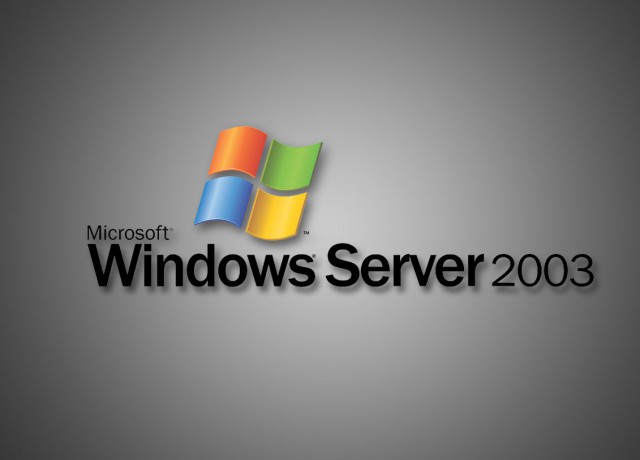
Is Windows Server 2003 destined to be the next Windows XP?
We aren't too far removed from the death of Windows XP -- sure you can still use it, but you do so at your own peril as the operating system is no longer supported by Microsoft (businesses can pay for extended support -- protection money, if you will). That hasn't stopped many individuals, and indeed even businesses, from continuing to run the OS despite potential for disaster. Granted, that may not be huge, but it is still a very real concern.
Now Windows Server 2003 faces a similar fate, with an impending date of July 14th, 2015 slated to bring an end to another staple of the enterprise. Like Windows XP, customers will not be happy -- enterprises move slowly and upgrades can be costly, not to mention proprietary software that may not work once the move is complete.

Windows 8.x still nowhere near as popular as Windows XP
It’s fair to say, Windows 8.x has enjoyed something of a rollercoaster ride when it comes to usage share. While it’s never been a popular operating system (quite the opposite in fact), share has gone up and down, with gains one month being wiped out by losses the following month.
NetMarketShare’s monthly usage share figures provide a decent guide as to how Microsoft’s tiled OS is doing, and it’s usually pretty interesting, although February was a fairly unexciting month.

StatCounter: Windows 8.1 is now more popular than XP
It still has plenty of haters, but Windows 8.1 is finally finding an audience. It may not be anywhere near as sizable as the audience Windows 7 commands, but after losing usage share earlier in the year, the tiled OS is finally headed in the right direction, and at speed.
Earlier today I reported on NetMarketShare’s figures which show Windows 8.1 as having 12.10 percent of the desktop OS market, but now StatCounter has released its own figures which show Windows 8.1 as having just hit a pretty special milestone -- overtaking Windows XP for the first time.

Windows 8.x is no longer a huge embarrassment to Microsoft
Last month Windows 8.x's usage share did something very surprising -- it went up. Massively, according to figures from web analytics firm NetMarketShare. The tiled OS had been losing share for months, but in October it suddenly took off like a rocket, packing on 4.54 percentage points share in a single month, mostly at the expense of Windows XP.
It wouldn’t have been a total surprise to see Windows 8.x's growth stop, or go back into reverse gear in November, but actually, both Windows 8 and 8.1 showed positive gains once again.
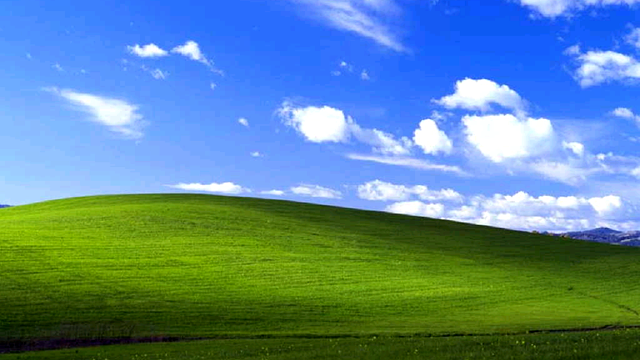
The NHS is still clinging on to Windows XP
NHS Trusts across the UK are risking a security meltdown due to the widespread presence of Microsoft’s outdated Windows XP OS with the government looking at another £5.5 million bill from Microsoft for support.
Citrix, the mobile workspace company, filed a freedom of information act request that found all the of 35 NHS Trusts questioned are still using Windows XP and that just five are utilizing desktop virtualization technology to handle migration away from it.

Pale Moon 25.0 released, moves further away from Firefox, drops Windows XP support
Moonchild Productions has released a major update to its Firefox browser variant for Windows with the release of Pale Moon 25.0 and Pale Moon x64 25.0, which sees the browser drop support for Windows XP.
Version 25.0 sees the version number jump for the first time since the browser forked away from its Firefox parent due to major changes in the way the browser identifies itself.
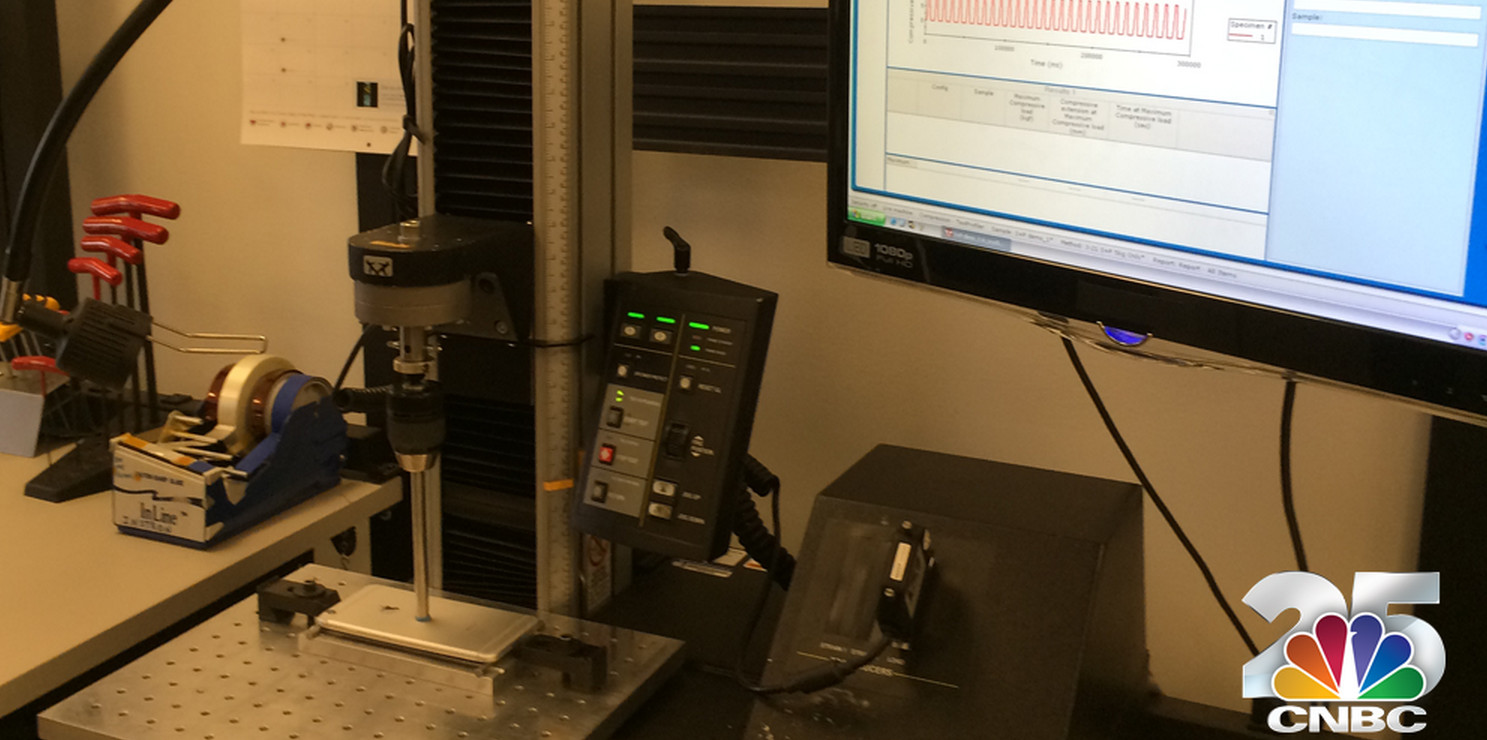
Apple tests the iPhone 6's durability using Windows XP
Apple has been under fire this week over claims that the iPhone 6 and 6 Plus bend when carried around in a tight jeans pocket, or someone making a YouTube video exerts a lot of force on the device. In an effort to counter this bad press, the tech giant has announced that just nine customers (to date) have contacted Apple with a bent iPhone (out of ten million), and it even went so far as to give CNBC an exclusive look inside its testing labs.
Anyone worried about how rigorously Apple tests its phones will have been calmed by the news that the iPhone 6 was exhaustively tested 15,000 times before being released, and the video showing that Apple uses only state-of-the-art equipment when testing for endurance and durability was reassuring too. Although CNBC then tweeted a picture from the labs revealing test results being recorded on a less-than state-of-the-art Windows XP system.

Adaptiva offers 5 Tips for a successful XP migration
Windows XP is still in use in a surprisingly high number of businesses. A recent survey suggests that more than half of organizations are still running it somewhere.
The survey was conducted by systems management specialist Adaptiva among more than 100 TechEd North America attendees showed that 53 percent still had some XP systems.
